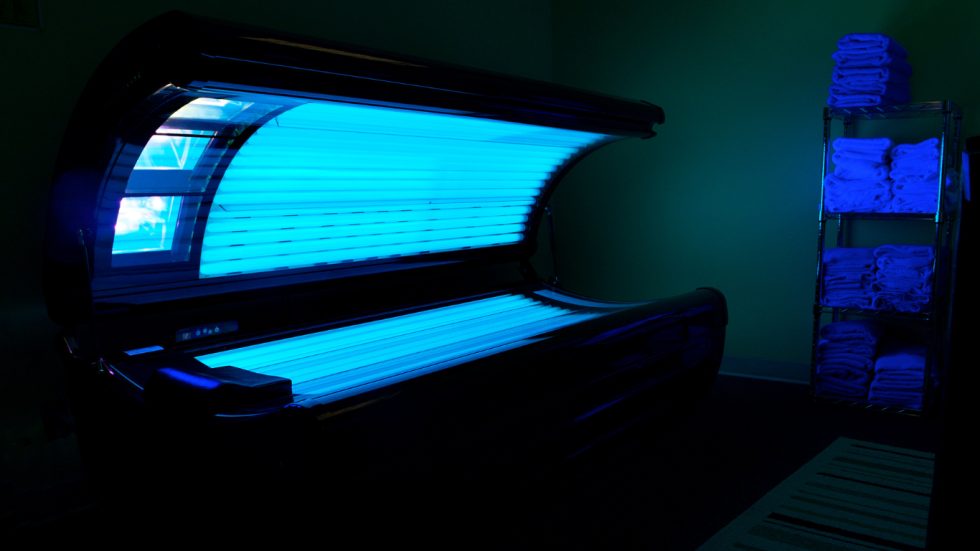
If you’ve had a kidney stone before, you know what symptoms to be on the lookout for again. If you’ve never had a kidney stone, though, and you start to experience lots of pain in your side and a burning sensation when urinating, how are you supposed to know for sure that what you’re experiencing is a kidney stone?
Our AFC Urgent Care Chattanooga team shares some helpful answers below, so keep reading!
What Is a Kidney Stone?
Before you know how a kidney stone is diagnosed, it’s important to know what it actually is: A kidney stone is a hard deposit that forms inside your kidneys and is made up of minerals and salts.
Kidney stones can be caused by a number of factors, including eating a poor diet, being overweight, having certain medical problems and taking certain supplements and medications. Kidney stones are most commonly formed when urine gets concentrated, allowing minerals to solidify and cling together. You’re probably dealing with a kidney stone if you’re experiencing the symptoms described below.
Common Kidney Stone Symptoms
- Severe, sharp pain in the side and back, below the ribs
- Pain that radiates to the lower abdomen and groin
- Pain that comes in waves and fluctuates in intensity
- Pain or burning sensation while urinating
What Should I Do If I Think I Have a Kidney Stone?
Visit our AFC center. A medical professional will ask you questions about the symptoms you are experiencing and will likely run a few diagnostic tests or procedures to confirm your diagnosis.
In the meantime, make sure to drink lots of water. Staying hydrated will help your urinary system filter out waste that can contribute to kidney stones.
Ways Kidney Stones Are Diagnosed
- Blood testing. Blood tests may suggest that you have an excessive amount of calcium or uric acid in your system, which can indicated that kidney stones are present.
- Urine analysis. The 24-hour urine collection test may reveal that you’re excreting either too many stone-forming minerals or too few stone-preventing minerals. Your doctor may ask you to collect two urine samples over the course of two days for this test.
- Imaging. Urinary tract imaging testing may reveal kidney stones. Even small stones can be detected using a CT scan. Simple abdominal X-rays aren’t utilized as often as they have been in the past, due to the fact that they can overlook minor kidney stones.
- Analysis of passed stones. If you believe you have kidney stones, you may be asked to strain your urine to catch passed stones. Your doctor will then use this information to determine what’s causing your kidney stones and form a plan to prevent future kidney stones.
Think you may have a kidney stone? We can help! Don’t hesitate to stop by our AFC center today.


